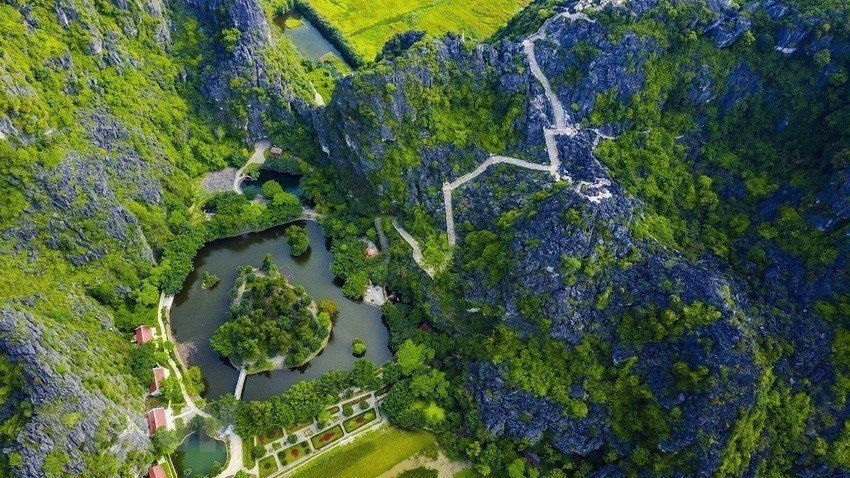
Preserving heritage is now the top priority of UNESCO and countries having globally-recognised heritage, including Vietnam.
Preserving heritage is now the top priority of UNESCO and countries having globally-recognised heritage, including Vietnam.
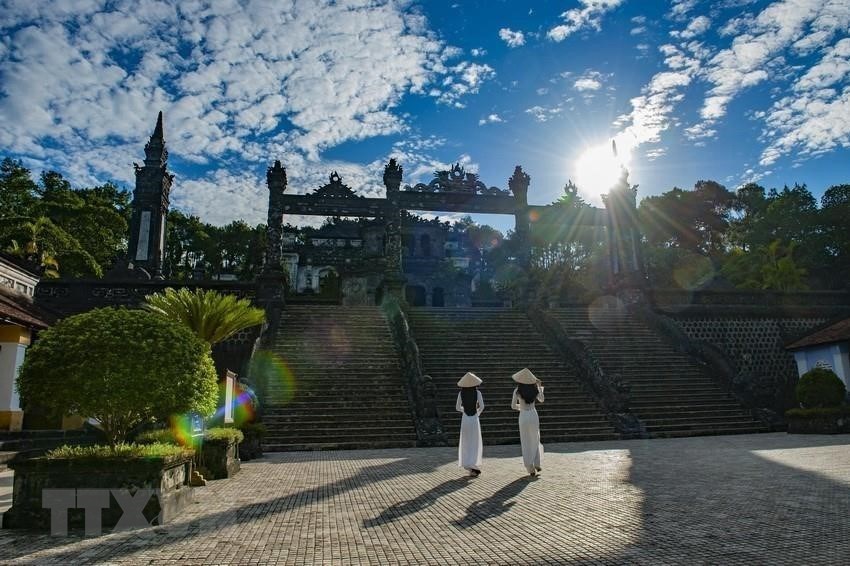 |
| The Complex of Hue Monuments has been recognised as World Cultural Heritage since December 11, 1993. |
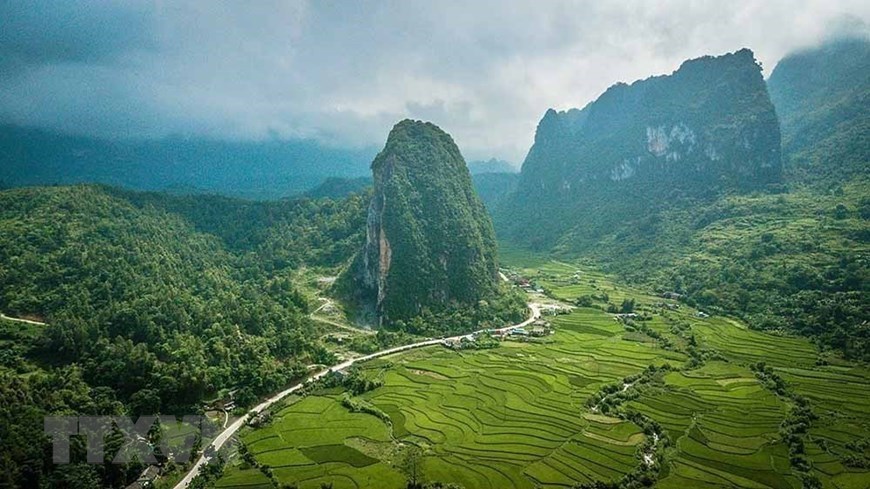 |
| Non Nuoc Cao Bang received the global geopark status from the UNESCO in 2018. |
 |
| Ha Long (literally Descending Dragon) Bay, one of the most renowned tourist destinations in Vietnam, is a UNESCO-recognised World Natural Heritage. |
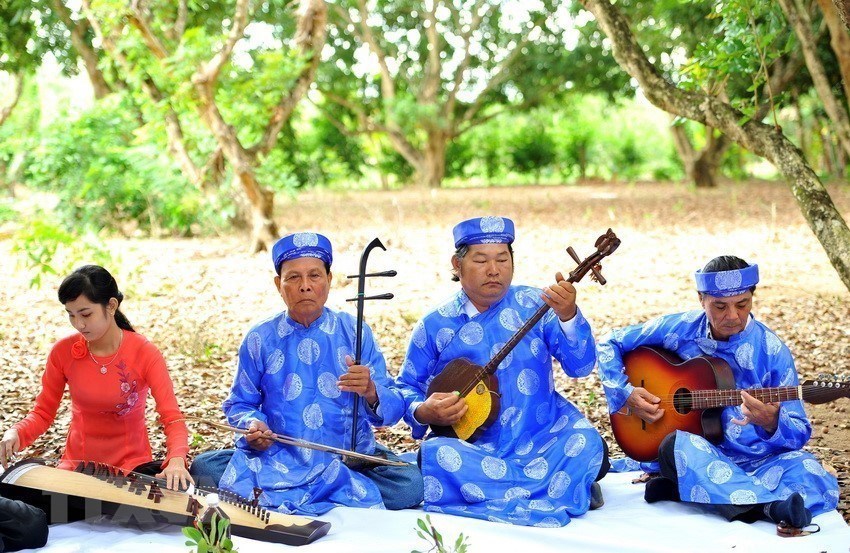 |
| Don Ca Tai Tu (amateur music) from southern Vietnam was officially recognised by UNESCO as an Intangible Cultural Heritage of Humanity on December 5, 2013. |
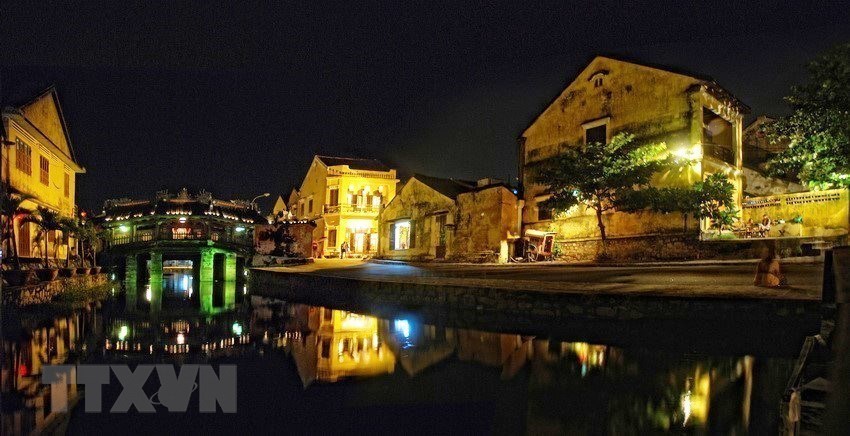 |
| Hoi An ancient town in Quang Nam province was recognised as World Cultural Heritage by UNESCO in December, 1999 |
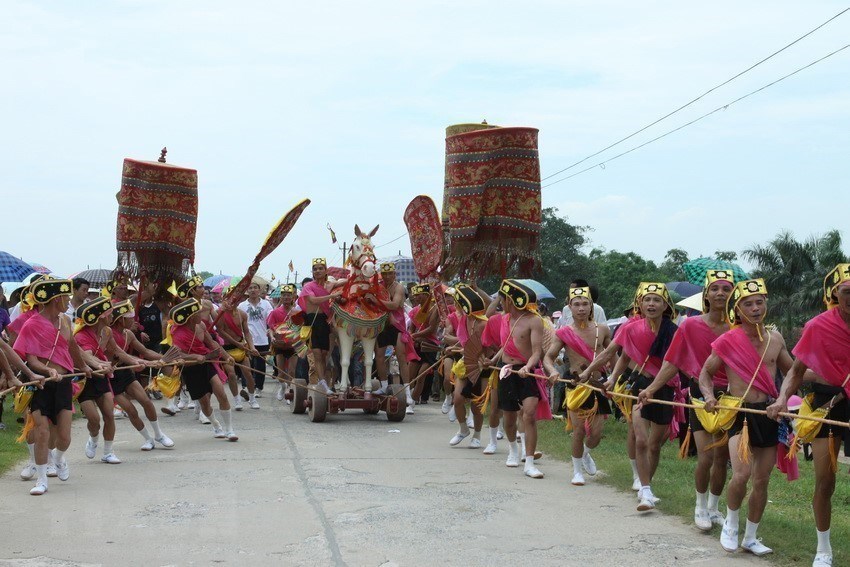 |
| Giong festival, among 8,000 festivals held annually in Vietnam, was recognised as Intangible Cultural Heritage of Humanity on November 16, 2010. |
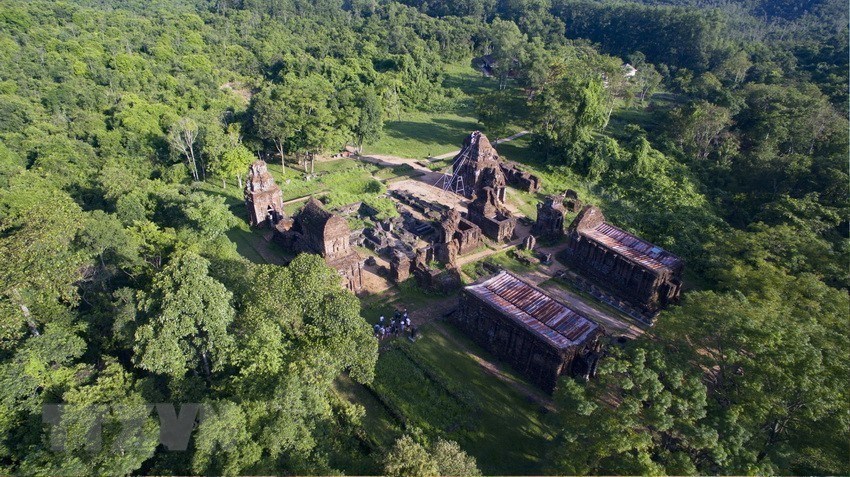 |
| My Son Towers Relic Site in Duy Phu commune, Duy Xuyen district, Quang Nam province was recognised as World Cultural Heritage in December 1999 |
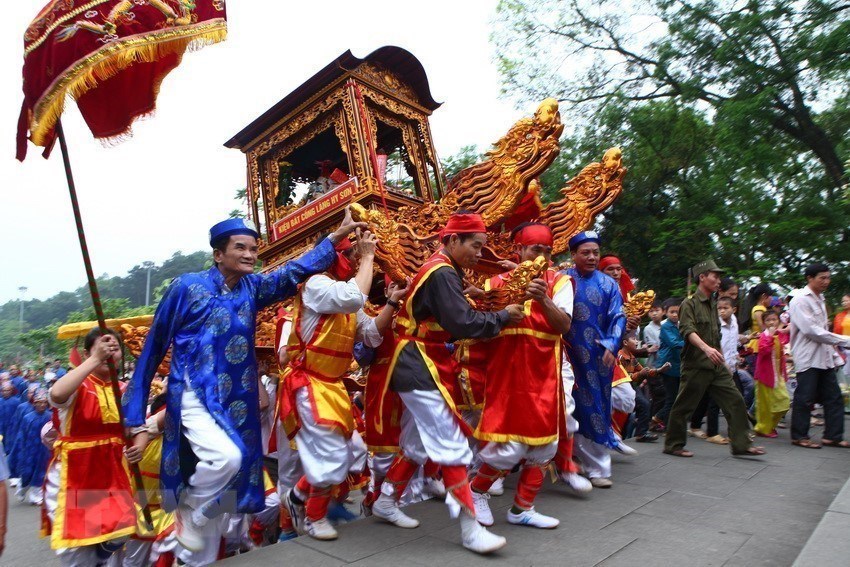 |
| UNESCO recognised Vietnam's Hung Kings worshiping ritual in Phu Tho province as part of the world's intangible cultural heritage of humanity on December 6, 2012. |
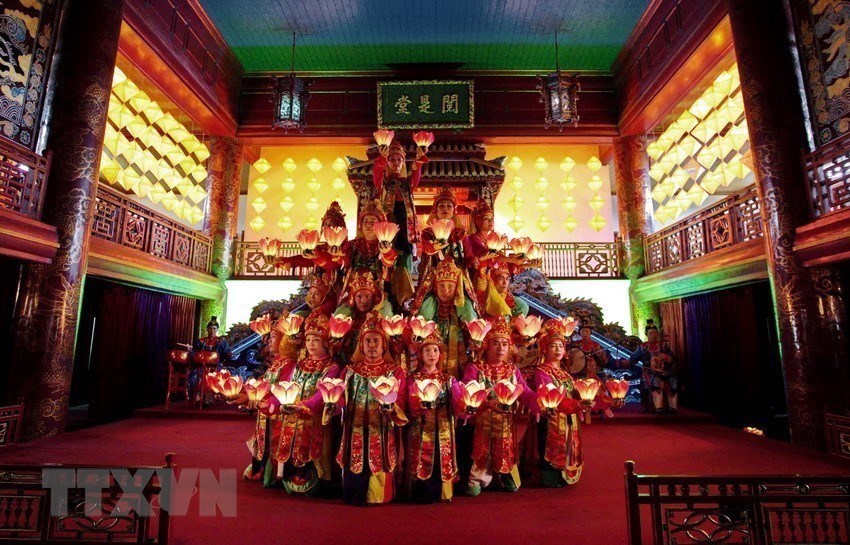 |
| Hue Royal Court Music received UNESCO’s recognition of intangible and oral cultural heritage by UNESCO in 2003 and then became Vietnam's first-ever UNESCO-recognised Intangible Cultural Heritage of Humanity in 2008. |
 |
| Quan ho (love duet) folk singing was recognised by UNESCO as Intangible Cultural Heritage of Humanity on September 30, 2009. |
 |
| Trang An Scenic Landscape Complex was inscribed as a UNESCO World Heritage Site on June 23, 2014. |
(Source: VNA)





